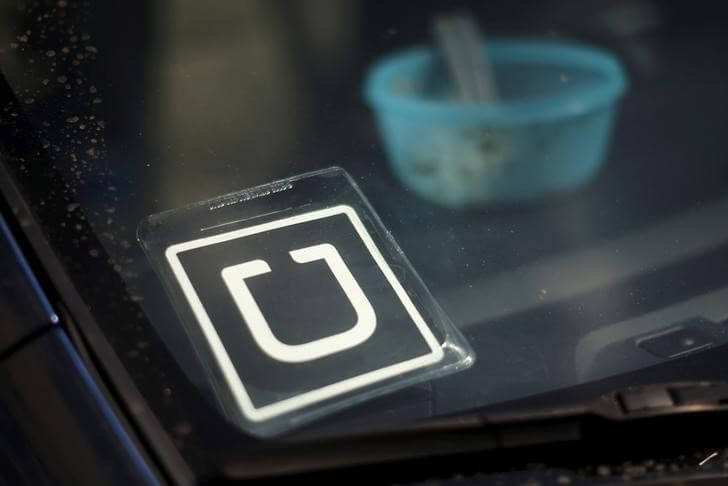By David Mardiste
TALLINN (Reuters) – With Estonia set to become the first country in Europe to fully legalize ride-sharing companies like Uber, authorities are linking up Uber drivers digitally to the tax office in a move that may set a precedent for regulating the new sharing economy. Some European cities have responded with curbs and bans on companies like Uber and home-sharing site Airbnb, which challenge traditional industries such as taxi services and hotels, drawing complaints of unfair competition and accusations of tax evasion. Estonia has, meanwhile, embraced the new industry and has collaborated with it over a new tax arrangement.
“We are actually building a precedent for the whole collaborative, sharing economy here,” Uber Estonia’s general manager Enn Metsar told Reuters.
Estonia, a country of 1.3 million people, is one of the world’s most wired countries with 95 percent of government services online. You can vote, register births and cars, sign official documents and set up businesses online, often in a matter of minutes. The tax office deal with Uber allows drivers to opt-in to a system where Uber sends drivers’ income data to the tax office, so it is automatically added to their tax return. The system has been in place since February with an expansion of the service due late this year to include the tax needs of small companies. “It was our proposal to Uber because they did not have an idea that we had such a good level of e-service for the collection of taxes,” Estonian Tax and Customs Board Director General Marek Helm told Reuters. “I remember this moment, how surprised Uber was,” Helm added.
More than 95 percent of Estonia’s personal income tax payers use a simple online tax declaration system which has pre-filled income data from employers and banks, meaning submitting personal tax returns is possible in under five minutes. Tax refunds come in just over ten days. On June 2, the European Union executive threw its weight behind the so-called sharing economy, saying in new guidelines EU states should only ban services such as Uber and Airbnb as a last resort.
Tax issues have dogged the users of sharing economy platforms around the world with arrests and court proceeding over payments of value added and payroll taxes in countries from Australia, the U.S., Canada and across Europe. Estonia’s parliament expects to pass a bill legalizing ride sharing in November.
(Reporting by David Mardiste; Editing by Elaine Hardcastle)
Embracing Uber, Estonia shows tax needn’t be an issue

By David Mardiste












